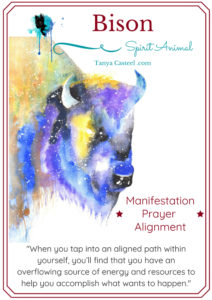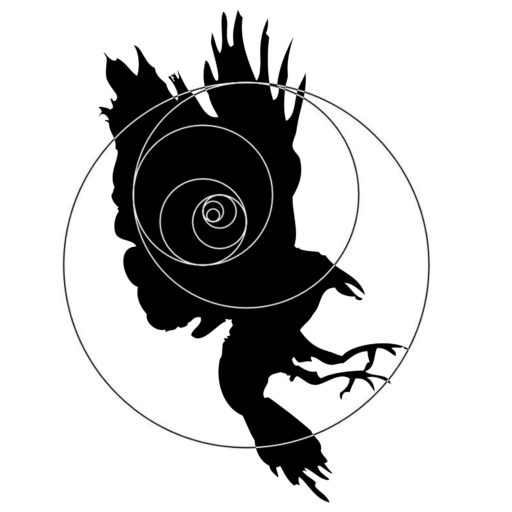Bison & Buffalo
Meaning, Messages & Magic

Bison symbolizes manifestation, prayer, and alignment.
Bison can offer you abundance and help you manifest your desires when your prayers are in alignment.
As you pray are you just saying words, or are you actually FEELING the immensity of what you are shifting? Are you calling in desires from a place of
Bison can help you remember what is truly important and is overly generous to aid you when all of your feelings, intentions, and mission are in alignment.
When you tap into an aligned path within yourself, you’ll find that you have an overflowing source of energy and resources to help you accomplish what wants to happen.
-Tanya Casteel

Save the symbolism to Pinterest
Art Prints

$25 +
Animal Cards

I want to hear about your Bison experiences. What stories or dreams have you had? Please share and join in the conversation below!

0 Comments